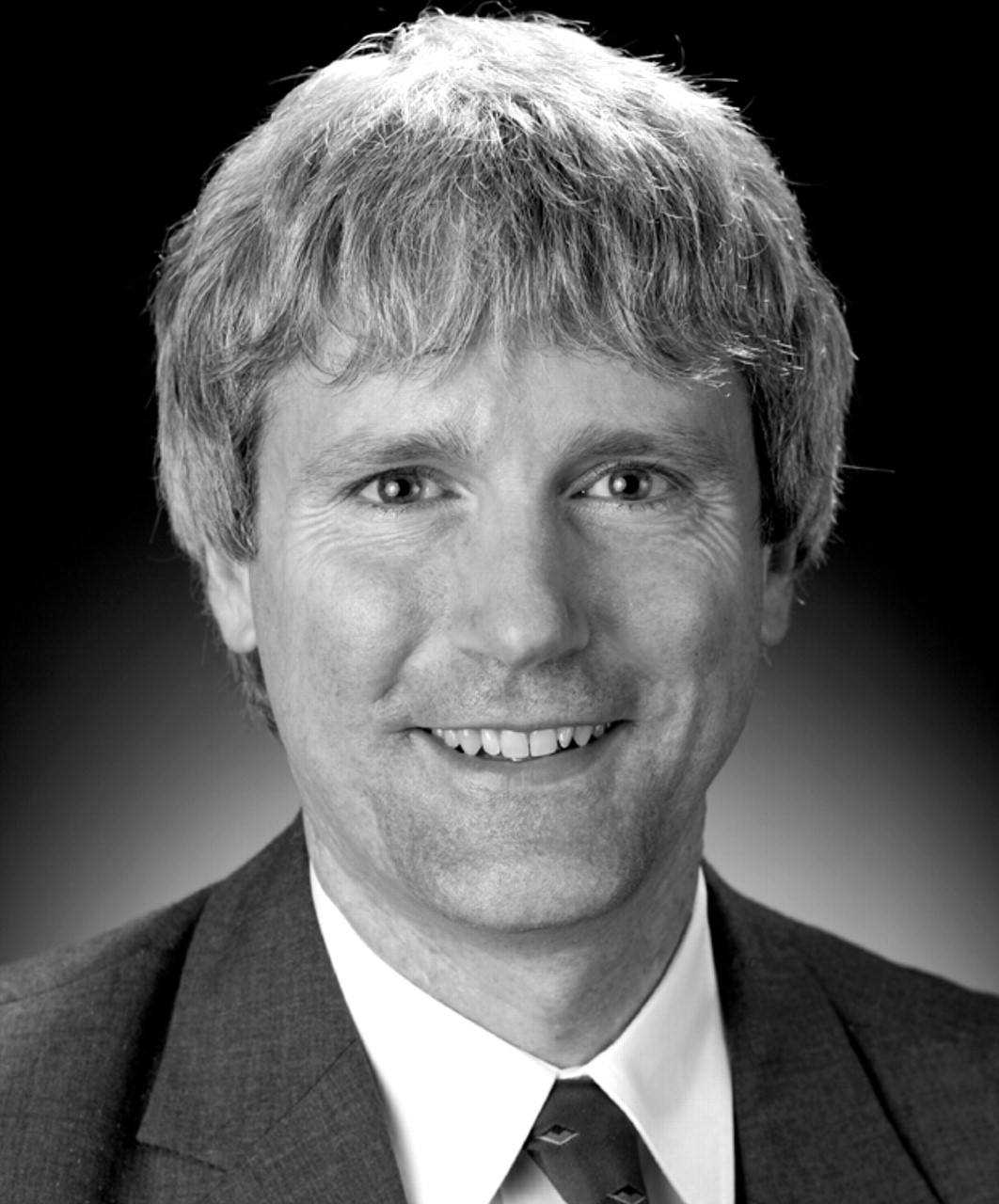Candidates for Member-in-Training Trustee-Elect

Psychiatry Resident, Beth Israel Medical Center, New York, 2002-
Co-Chair, Residents Committee, New York County District Branch, APA, 2004-
Resident Representative, Graduate Medical Education Committee, Beth Israel, 2004-
Zirinsky Fellow, Beth Israel Division of Biological Psychiatry, 2004-
Lund University, School of Medicine, Lund, Sweden, 1990-96
California Institute of Technology, Engineering and Applied Science, Pasadena, 1980-84
Never before has there been such a focus on mental health issues. The public is hungry for knowledge, as evidenced by the number of inquiries to the Internet concerning mental health. With proper care and attention, we will be the ones who provide the public and our politicians with the answers they seek.
High on my priority list are to educate the media and influence media programming to reduce stigma and increase public understanding of mental health issues. The media often portray mental illness and mental health issues in negative and misleading ways. We must use our knowledge and influence to hold the media accountable for accurate reporting. We should also encourage film productions that portray the mentally ill and their families in sensitive ways with which viewers can identify. I recently had the pleasure of hosting a presentation of one such film, “Out of the Shadow,” during this year's annual meeting. This touching and informative movie portrays the struggles of a woman who suffers from schizophrenia and how her illness affects her family. We could use more films like this one.
Interacting effectively with the media is a skill that is not taught in medical school or residency training. Understandably, many psychiatrists are reluctant to tread on this alien terrain. I wholeheartedly support APA's initiative to educate psychiatrists to deal with journalists, newscasters, policymakers, and the public at large. As we master these skills, we will be better able to successfully advocate for our patients and our profession.
Psychiatrists are seeing more and more of their time being deflected from direct patient care to administrative issues. This deflection decreases the quality of patient care and the quality of education. Psychiatrists and members-in-training are spending valuable time on uninteresting administrative tasks rather than the ones for which they were trained. Increasing the efficiency of working conditions by reducing administrative burdens is likely to increase morale.
With careful planning and incremental changes, we can greatly improve our increasingly cumbersome and bureaucratic health care system. Some of my previous work and life experience may be useful toward that end. While getting my engineering degree at Caltech, I worked for the Voyager Space Project and an IBM research center. After graduation, I worked at the IBM Nordic Lab as a project leader. I have also worked in a number of hospitals and clinics in Denmark, Norway, and Sweden. We can and should improve the information-sharing process between hospitals and health care providers. One way is to develop unified standards for electronic data storage, so that software from all vendors will be able to use data transferred from within or across organizations.
We need to devote more attention to psychiatric research. Many studies, including my own presented at the last APA annual meeting, indicate that the validity of our research may be in jeopardy. We need to preserve the integrity of research from biased underwriters, methodologies, analyses, and publishers. Without this, the foundation of evidence-based medicine may be compromised, and we will be back to evaluating treatments on the basis of clinical anecdotes. Finally, promoting research in rural areas would provide a broader research base and help rural psychiatrists engage in collaborative ventures with others. Expanding research opportunities may also encourage more psychiatrists to work in these underserved areas.
It would be an honor and a pleasure to serve as MIT trustee. With your support, I will work to
Exert our influence with the media to reduce stigma and increase public understanding of mental health issues. | |||||
Promote training of psychiatrists so that we can effectively advocate for our patients and our profession. | |||||
Improve patient care, education, and morale by reducing administrative burdens. | |||||
Preserve research integrity and expand research opportunities to rural areas. | |||||
Pursue mental health parity. | |||||
Primary Professional Activities and Sources of Income
Professional Activities
100%—Beth Israel Medical Center, New York
Income
100%—Beth Israel Medical Center, New York



